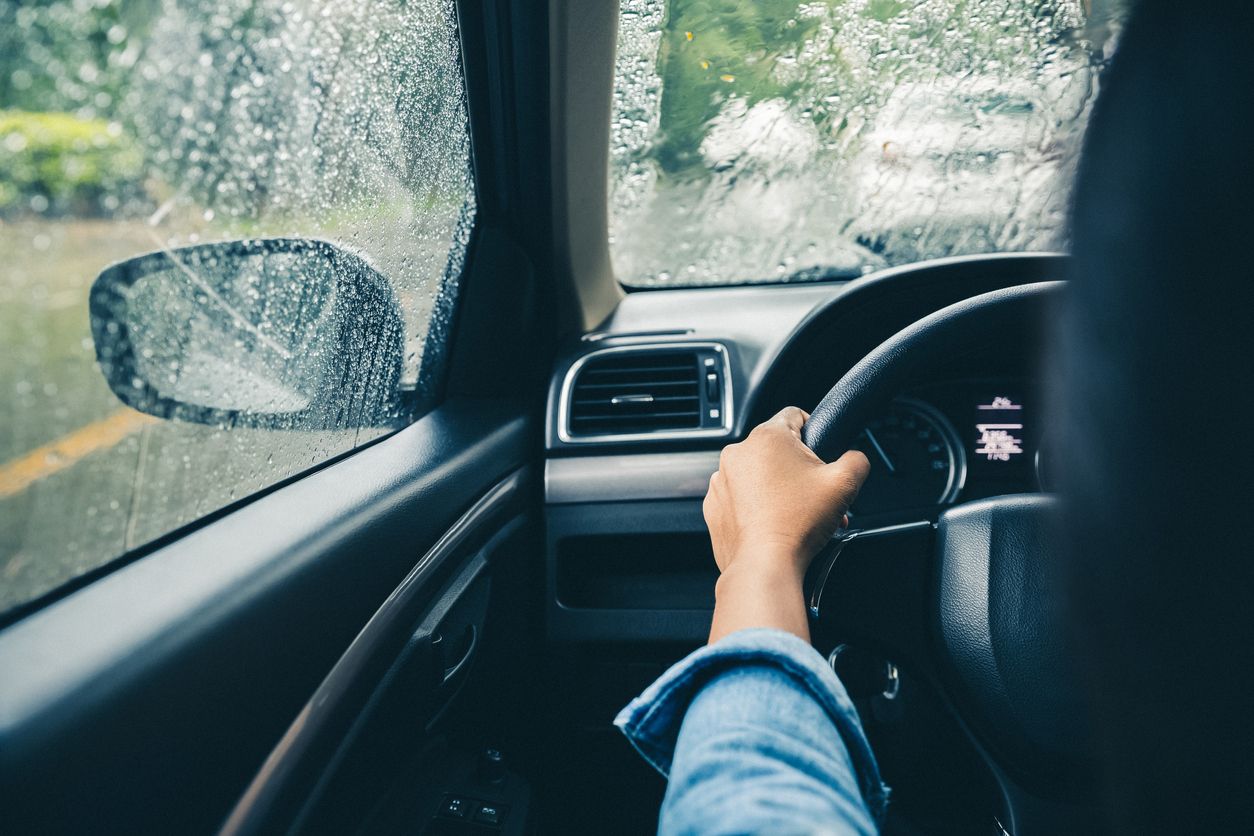Whether it’s a quick run to the grocery store, dropping the kids off at school, or commuting to work, short trips are likely an integral part of your daily routine. But did you know that those quick jaunts could be impacting your vehicle’s health?
Learn what short trips are, why they’re bad for your vehicle, and how you can mitigate the risk with car battery maintenance at Tires Plus.
What is Considered Short Distance Driving?
If you live in the city, chances are that most of your driving could be considered short distance. Typically, short-distance driving refers to journeys less than 10 miles or ones that don’t let your engine reach operating temperature.
Are Short Trips Bad for Your Car?
Short trips may be convenient and time-efficient, but they might also reduce your vehicle’s longevity. Frequent short trips can:
- Harm car batteries
- Spoil engine oil
- Increase engine wear
Why Are Short Trips Bad for Your Car?
They Can Reduce the Lifespan of Your Battery
One of the most significant adverse effects of short trips on your car is reduced battery capacity. During short trips, your vehicle’s engine may not run long enough for the alternator to recharge the battery adequately. Over time, this can damage the cells inside the battery to the point that it struggles to hold a charge — a massive bummer if you don’t have a battery warranty.
So, if you’ve been experiencing dim headlights, slow cranking, or frequent dead batteries, short trips could be the culprit.
They May Affect Your Engine's Components and Motor Oil
Short trips that don’t let your engine get up to temperature can wreak havoc on internal components. This is because engines are machined to extremely precise tolerances to be as efficient and durable as possible — when they’re at operating temperature, that is. Since metal expands when it gets hot, those tolerances aren’t as tight when the engine is cold, resulting in more wear from the wiggle room between parts.
Furthermore, the combustion process creates several byproducts that blow past your piston rings and end up in your oil. Under normal operating temperatures, these contaminants — which include water — are “burned off” or evaporated. At lower temperatures, however, they remain in your oil and break it down faster, which increases friction — not something you want an excess of inside your engine.
How Can You Help Prevent Damage From Short Trips?
Short-distance driving is inevitable — life is busy, and we often need to be at our destinations yesterday, no matter how close they are. So, how can you minimize the damage caused by short trips? Here are five practical tips to potentially help do just that:
- Consolidate Errands: Whenever possible, try to group your errands into one long trip rather than multiple short trips. That way, your battery has more time to charge!
- Use Battery Tender or Trickle Charger: If you frequently make short trips, consider picking up one of these two devices. They can help offset the electrical drain of short trips and keep your battery in good condition.
- Occasionally Take a Longer Drive: When possible, take a scenic drive — it’ll give your battery time to fully recharge and for contaminants to evaporate out of your oil.
- Turn Off Accessories: Running accessories like the radio, air conditioning, and headlights can put additional strain on your battery. When possible, leave those accessories off during short trips to maximize the chance of your alternator fully charging your battery.
- Schedule Regular Vehicle Maintenance: This might be the most important piece of advice on the list. Regular battery checks and oil changes may reduce or even prevent damage from short trips.
Take Charge with Tires Plus
Help protect your battery from premature failure! Visit your local Tires Plus for expert advice on maintaining your battery's health, especially if you frequently take short trips. Schedule your appointment now and help extend the life of your battery.


